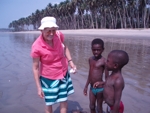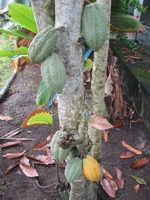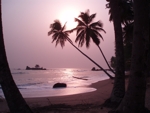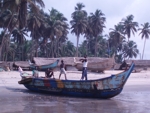
Water
15 communities in the Sub District have boreholes for drinking water.
However, most of them also use other sources like wells and streams for same.
The maintenance of these boreholes have been entrusted to the individual communities,
which until recently was handled by a government agency, the Community Water & Sanitation Department.
Many of the boreholes are out of order and need urgent repairs. The present condition of the boreholes has necessitated a return to previous water sources.
Sanitation
Refuse disposal is mainly by crude dumping.
The few created waste disposal sites are jammed with filth and not properly catered for.
In several places, both solid and liquid waste is disposed off into the sea, and along paths
of streams and land drains. The district has inadequate public toilet facilities. The use
of non degradable disposal materials and the haphazard means of disposal, particularly the litter
of plastic waste, as well as sand weaning that has turned big business, remains a big threat to the environment and health.
Socio Economic Activities
The main occupations are small scale farming, fishing, and trading.
Some light industries operate in adjoining sub districts, notably for the processing of copra oil and its waste.
The Sub District has 9 Primary and 6 Junior Secondary Schools,
standards of both of which are not too good. The few, who can afford, leave
the sub district for better schools, elsewhere. The two recently established Catholic managed schools,
Trade School for the Handicapped, Eikwe and the Girls Vocational Institute at Awiaso are both functioning, and are well attended.
The latter has structures to begin secretarial courses as part of its programmes
|
|



